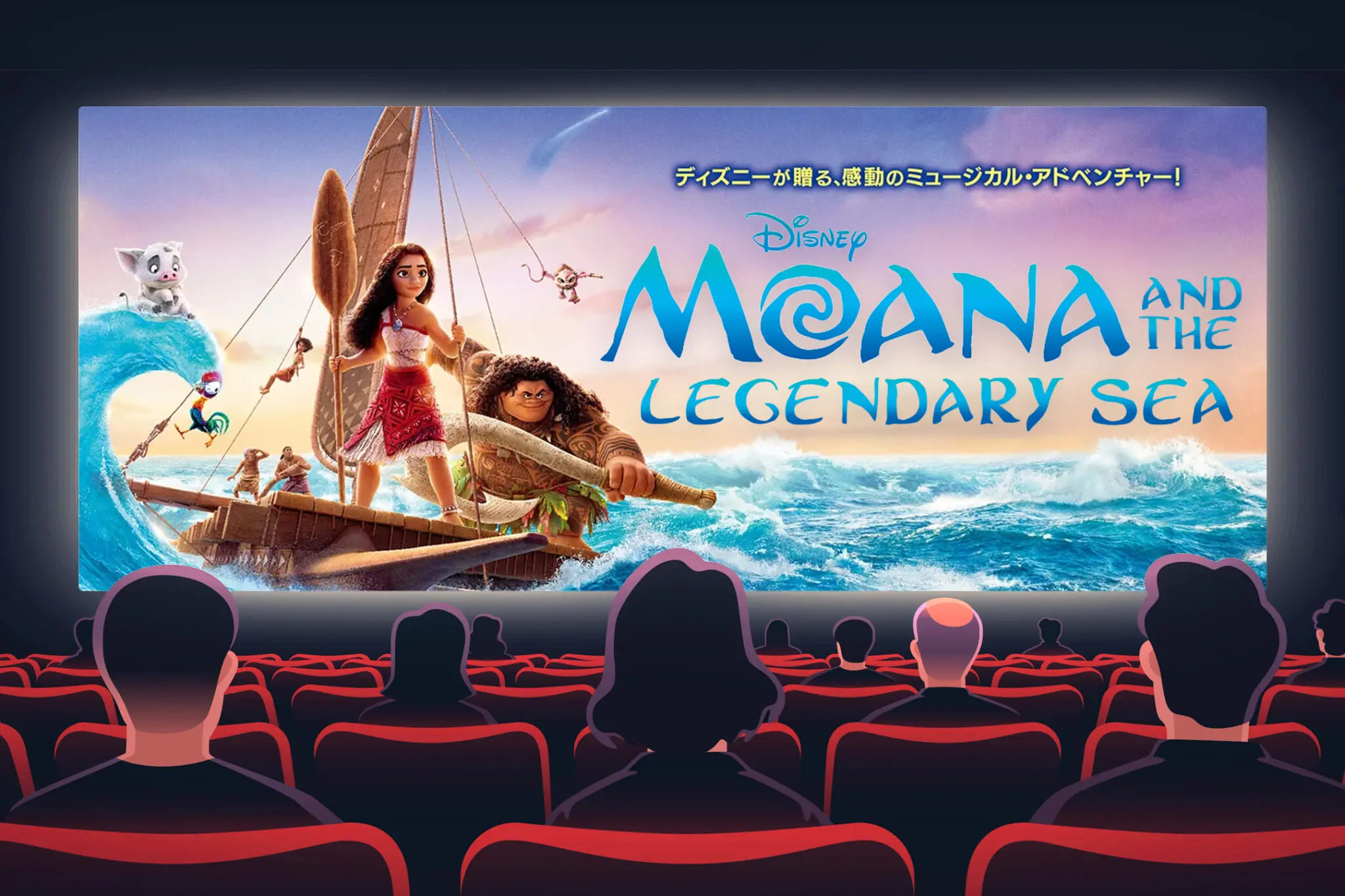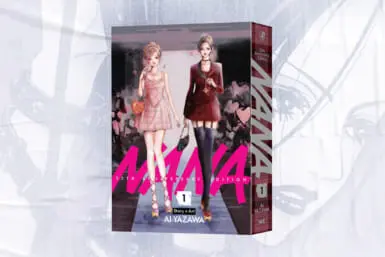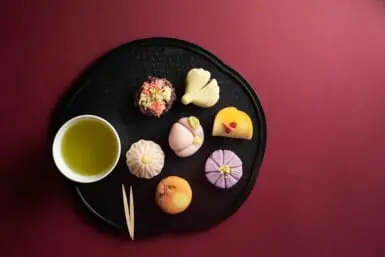Walt Disney Animation’s sequel film Moana 2 is premiering in Japan on December 6. That’s just over a week after it premiered in the States, which is a pretty fast turnaround for Japan. By comparison, the movie adaptation of the Broadway musical Wicked, which had its US theatrical release in November, won’t be here until next spring.
Release dates, though, are not the only things stretched out in the Japanese movie scene. English-based movies sometimes receive comically long and descriptive titles once they go through the translation process.
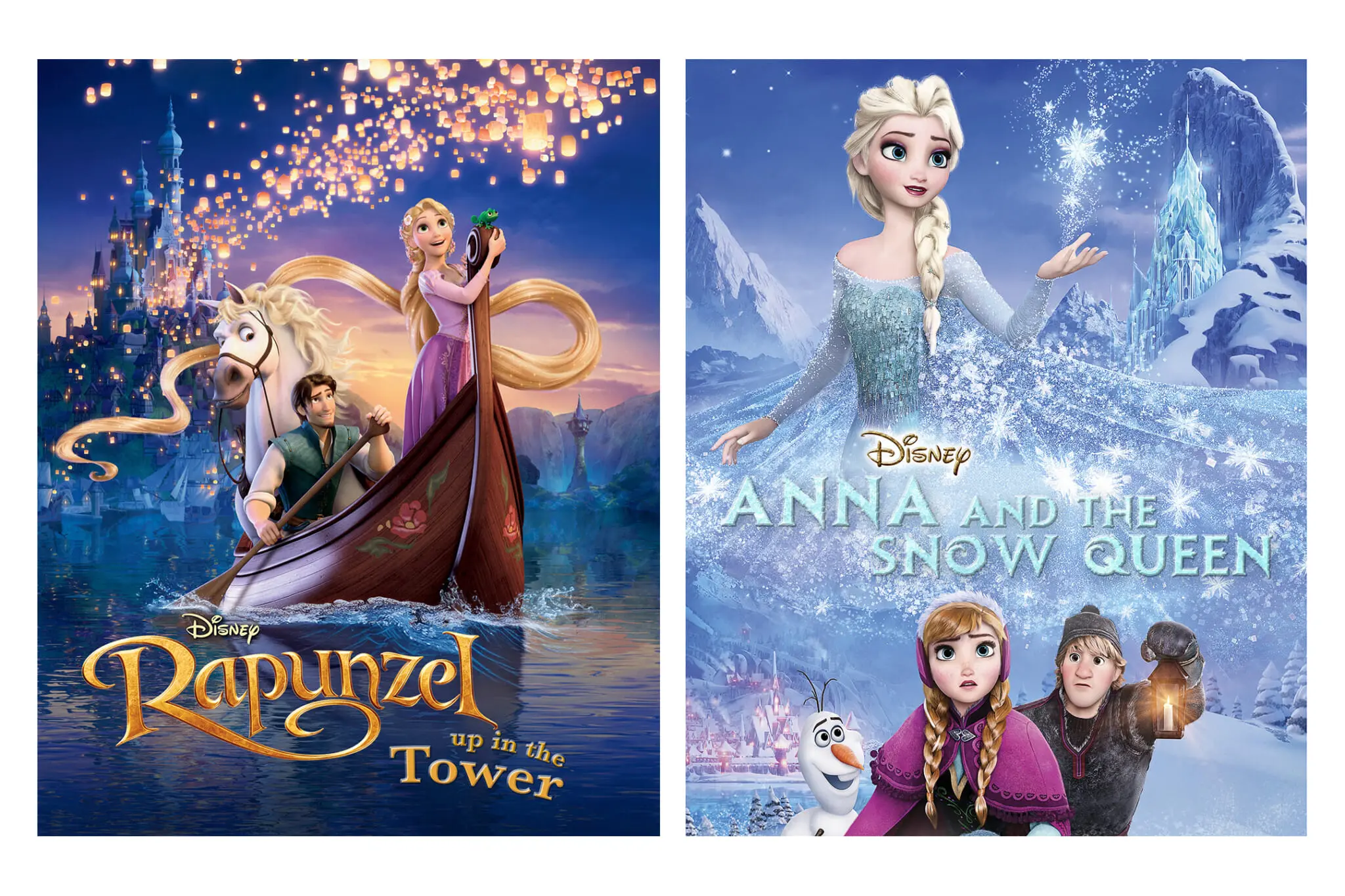 Going back to Moana, the original 2016 animated movie followed a naming trend among Disney and Pixar films throughout the 2010s of one-word titles. Think Tangled, Brave, Frozen and Encanto. Japan, however, decided to go on an entirely different route. Moana became Moana and the Legendary Sea, Tangled was called Rapunzel Up in the Tower, Brave was titled Merida and the Scary Woods, Frozen was named Anna and the Snow Queen and Encanto became Mirabel and the House Full of Magic.
Going back to Moana, the original 2016 animated movie followed a naming trend among Disney and Pixar films throughout the 2010s of one-word titles. Think Tangled, Brave, Frozen and Encanto. Japan, however, decided to go on an entirely different route. Moana became Moana and the Legendary Sea, Tangled was called Rapunzel Up in the Tower, Brave was titled Merida and the Scary Woods, Frozen was named Anna and the Snow Queen and Encanto became Mirabel and the House Full of Magic.
According to Tessa Wong, International Media Coordinator for Paramount Pictures in Los Angeles, certain phrases, idioms and puns from the original film titles just don’t work in Japanese. Other times, using a new title altogether facilitates marketing to a non-English speaking audience, where these Japanese titles act as a preview of the story with a description of what’s to come.
Here are some more English movies with longer titles in Japanese.

The Fault in Our Stars
Surely, It’s Not the Stars’ Fault
The 2014 coming-of-age film, The Fault in Our Stars tells the bittersweet love story of Hazel and Gus, two cancer patients. An adaptation of John Green’s novel of the same name, the original title is an allusion to the character’s star-crossed status.
The film was released in Japan in 2015 with the title, Kitto, Hoshi no Sei Janai — Surely, It’s Not the Stars’ Fault. The translation is practically the same, but holds a slightly different interpretation. While the original is pretty definitive, the Japanese version takes a somewhat more optimistic stance in not blaming their romance’s terminal fate.
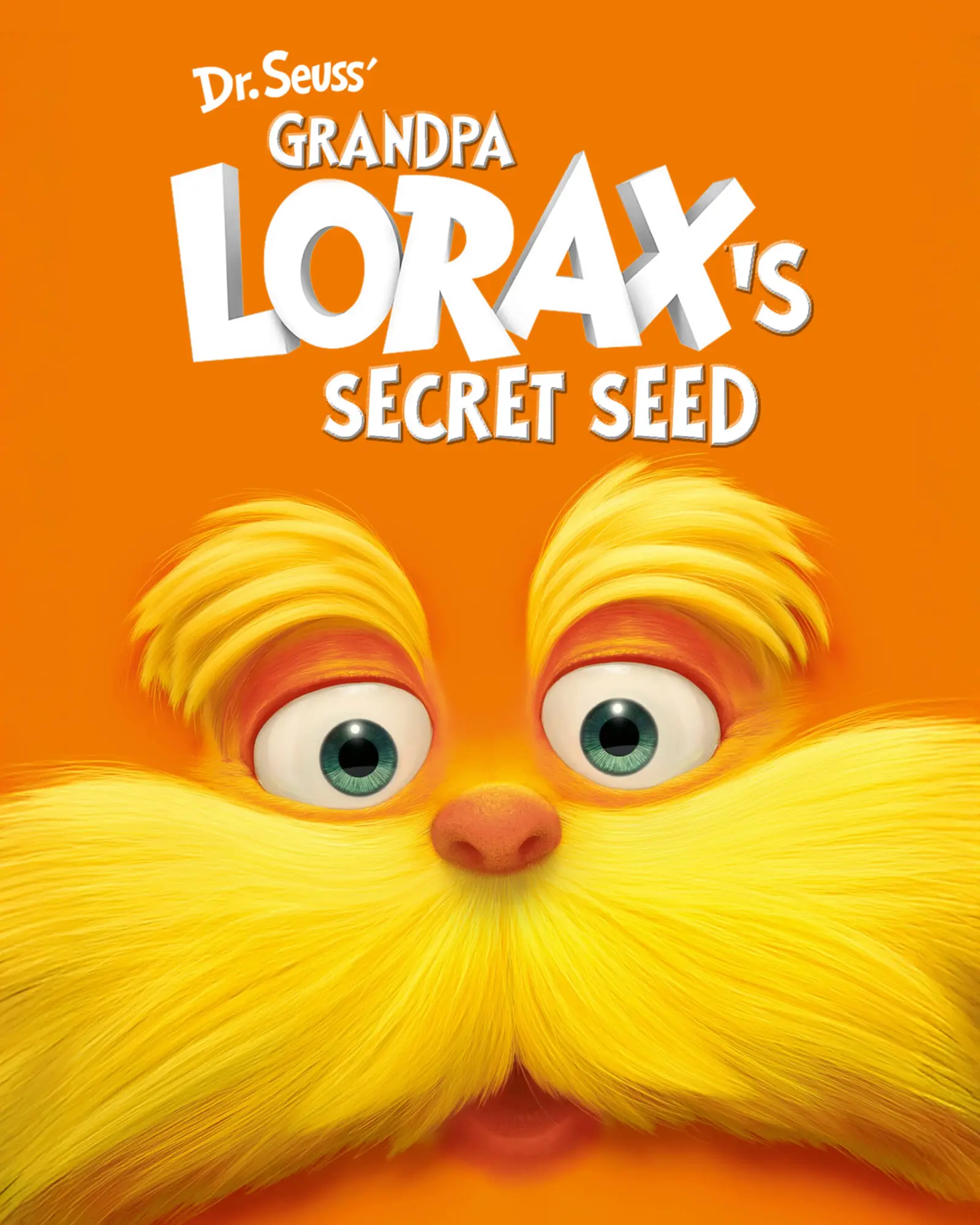
The Lorax
Grandpa Lorax’s Secret Seed
The Japanese translation of The Lorax doesn’t sound quite right when translated back into English. As other film fans have pointed out online, Lorax Ojisan no Himitsu no Tane — Grandpa Lorax’s Secret Seed — has a bit of a lewd connotation.
Released in 2012 by Universal Pictures and Illumination Entertainment, The Lorax was the second animated adaptation of Dr. Seuss’ iconic children’s book of the same name after a 1972 television special. It expands on the book by telling the story of a previously un-named boy who visits the reclusive Once-ler. Greed takes over the Once-ler’s business, and he rips all the Truffula trees until the once lush and colorful forest is nothing but a barren wasteland. A single Truffula tree seed is revealed to have survived, the last remaining chance to restore the desolate environment. The Japanese title spoils that detail, but brings hope that the immense damage to nature can be reversed.

Click
If I Could Choose Yesterday
A 2006 comedy-drama produced by and starring Adam Sandler, Click follows Michael Newman, who gets a remote control that controls the universe. Michael uses it to fast-forward through the seemingly mundane parts of life, but in doing so, he unintentionally skips over important moments with his family.
Click was released in Japan as Moshi Kino ga Erabetara — If I Could Choose Yesterday — a stirring and poetic choice compared to the original title. Like The Lorax though, the Japanese title slightly spoils the ending by emphasizing Michael’s regret straight from the beginning. In the movie, he is initially excited over his new power of being able to skip parts of his life he deems negative or boring. It’s only at the very end when he learns his lesson.
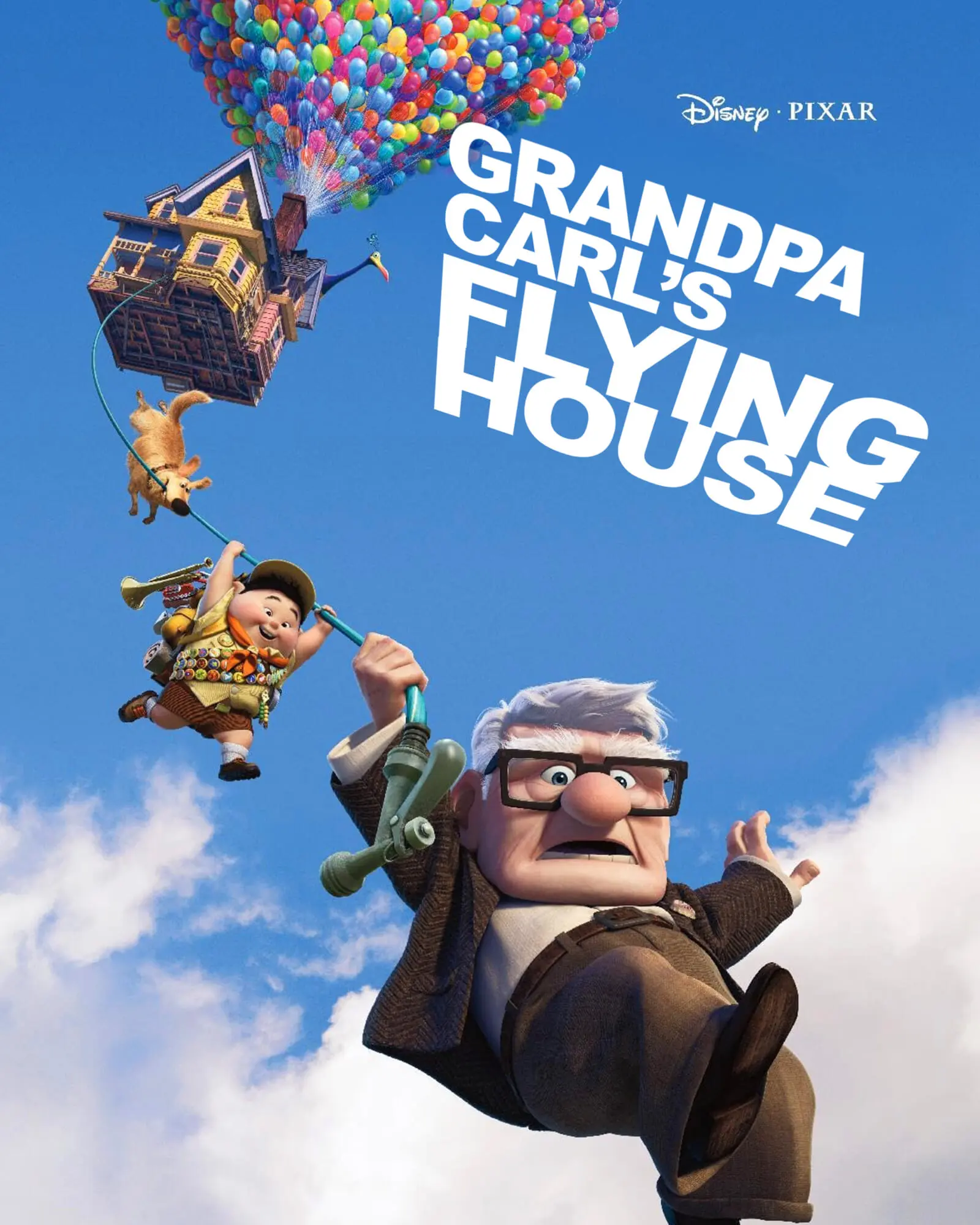
Up
Grandpa Carl’s Flying House
For Pixar Animation Studio’s 2009 film Up, Japan went with a title that is reminiscent of Studio Ghibli’s Howl’s Moving Castle: Karl Ojiisan no Soratobu Ie —Grandpa Carl’s Flying House. The spirit of adventure present throughout the film is better matched with the more descriptive Japanese title.
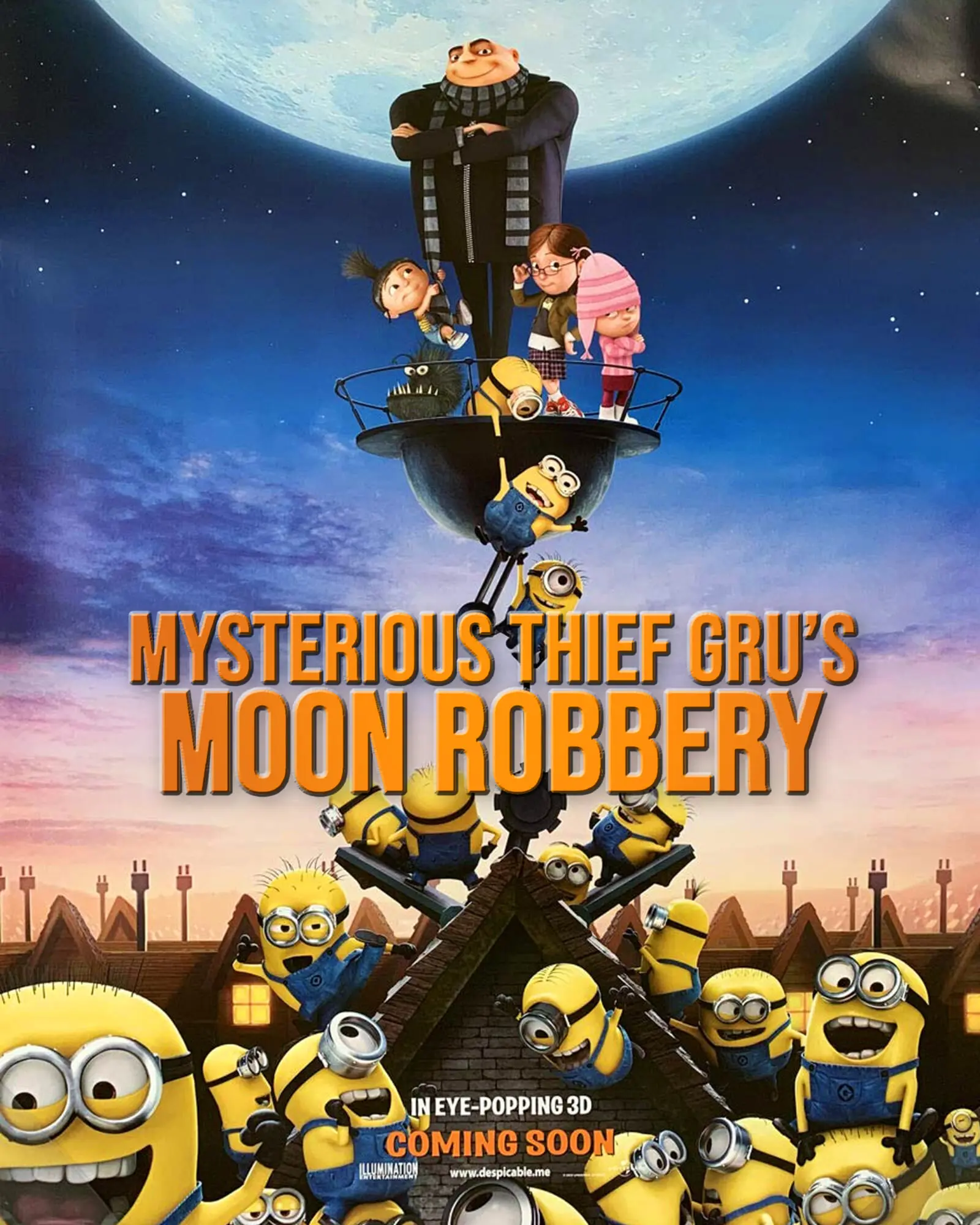
Despicable Me
Mysterious Thief Gru’s Moon Robbery
As well as the word “despicable” probably being a challenge for Japanese speakers to accurately pronounce, Despicable Me’s original title doesn’t give the audience any indication of what to expect. To fix this, Japan went with a literal description.
The first installment of the Despicable Me franchise was titled Kaito Gru no Tsuki Dorobo —Mysterious Thief Gru’s Moon Robbery. The Japanese title shows Gru’s plan to steal the moon as a grand demonstration of his villainy, highlighting the fun action and comic shenanigans that are in store.
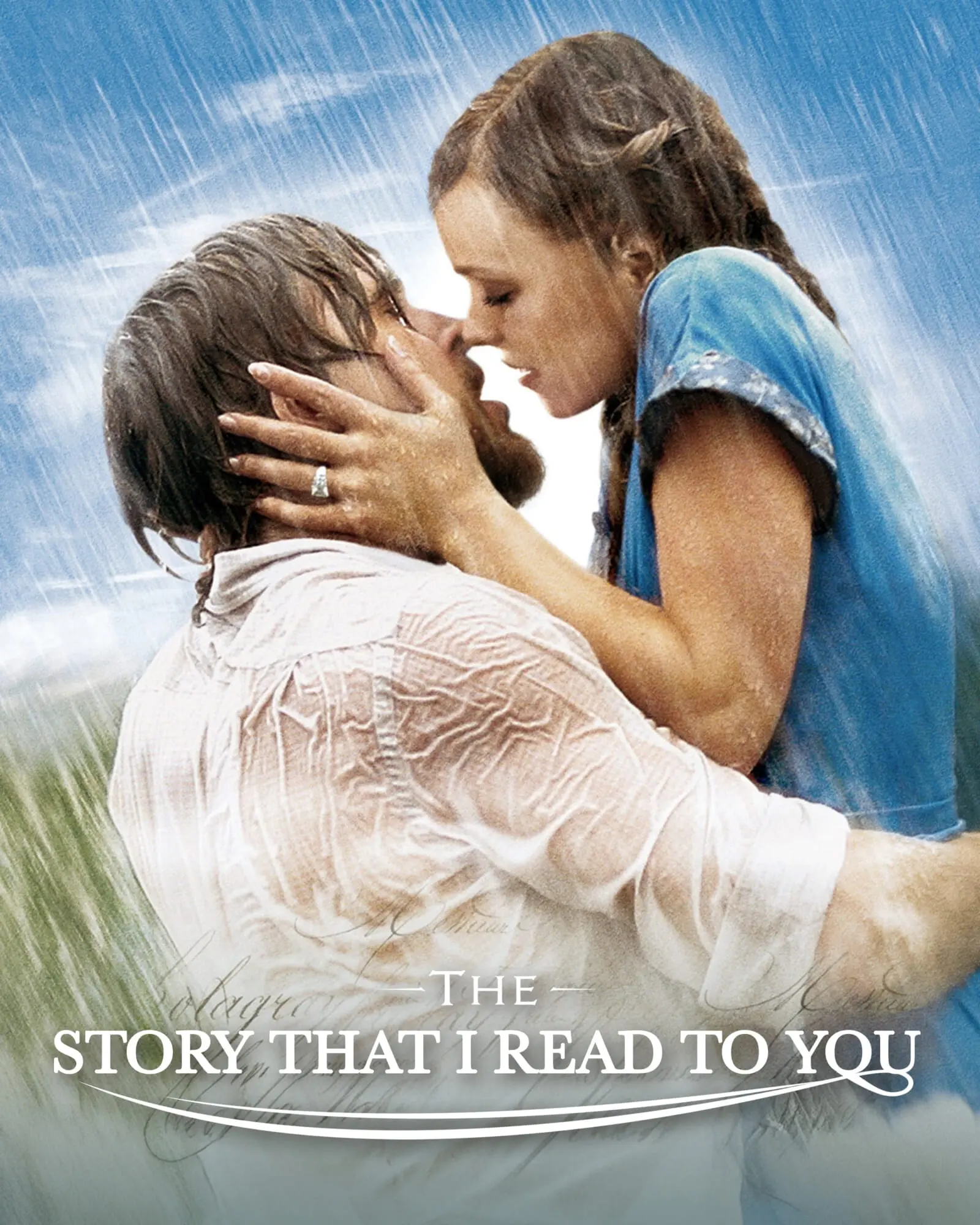
The Notebook
The Story That I Read to You
The Notebook’s 2004 movie adaptation of Nicholas Sparks’ debut novel was re-titled as Kimi ni Yomu Monogatari — The Story That I Read To You. Starring Ryan Gosling and Rachel McAdams, the movie recounts the complex love story of Allie and Noah through the lens of an elderly man reading the story from a notebook to a fellow nursing home resident.
The Japanese version subtly reveals the ending with its meta format. It’s explained that the elderly couple are actually Allie and Noah themselves, and Noah is sharing their love story to Allie who now has dementia.
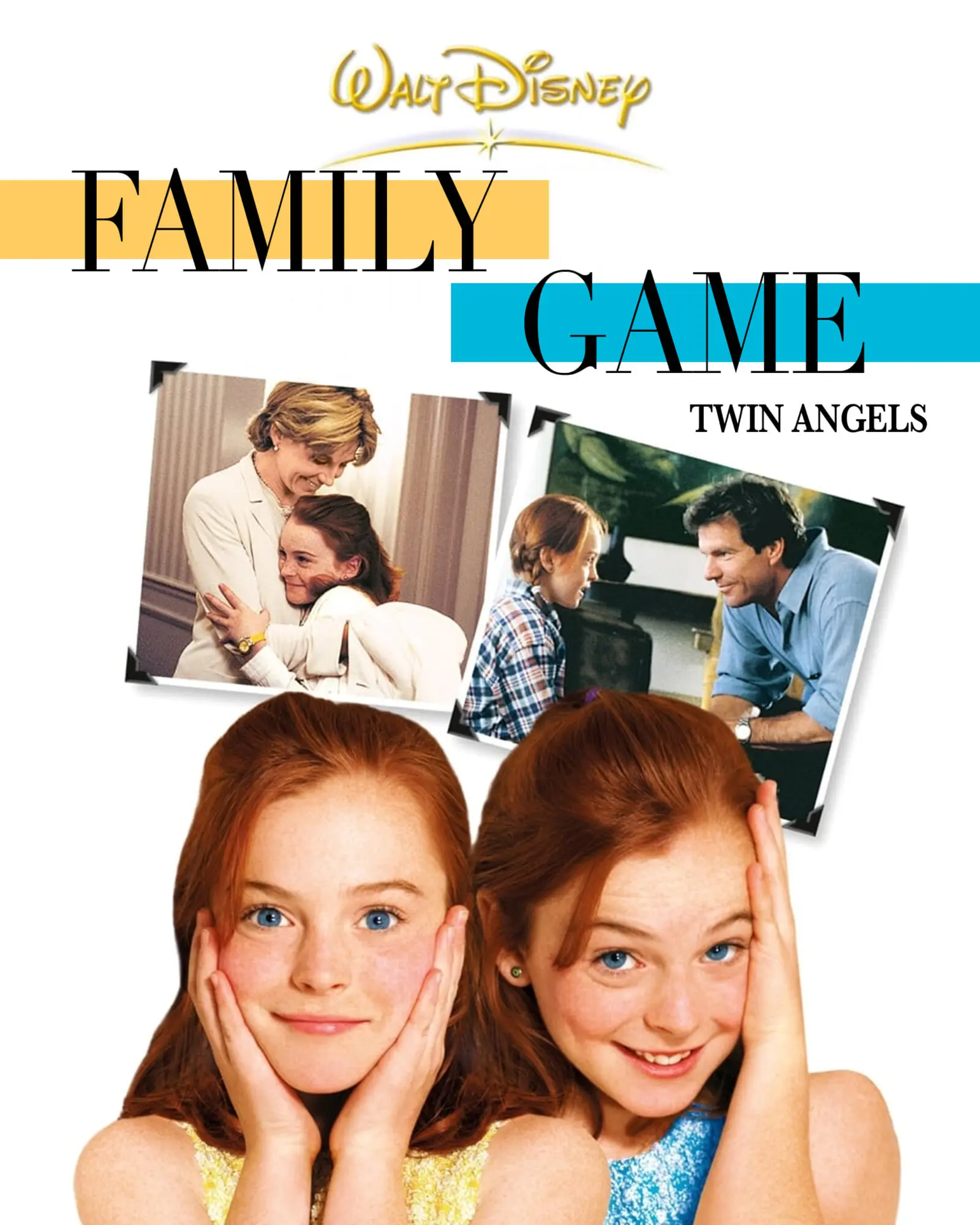
The Parent Trap
Family Game: Twin Angels
Keeping “parent trap” in the title may have accidentally brought more of a feeling of literal danger and captivity. So, The Parent Trap became Family Game: Futago no Tenshi — Family Game: Twin Angels.
The 1998 remake of The Parent Trap stars a 9-year-old Lindsay Lohan as both Hallie and Annie, the titular “twin angels.” They are separated shortly after their birth when their parents divorce and decide to each keep a twin. When the girls coincidentally meet at summer camp, they devise a plan to switch places in order to meet the other parent and ultimately bring them back together.
Japan had its own version of The Parent Trap in 1951, a decade before the classic movie produced by Walt Disney Productions. Hibari no Komoriuta (Hibari’s Lullaby), directed by Koji Shima, was inspired by the German children’s novel Das doppelte Lottchen, also known as Lisa and Lottie.

Easy A
Why Are Little Devils So Popular?!
Easy A is a 2010 teen comedy that follows Emma Stone as high school student Olive Penderghast. When a rumor spreads that she has slept with a college boy, Olive starts to be labeled as the school tramp. She tries to turn this in her favor, using her new reputation of promiscuity to help boys increase their popularity by letting them claim they have had sex with her in exchange for gift cards.
Inspired by Nathaniel Hawthorne’s 1850 novel The Scarlet Letter, which she read in her English class, Olive stitches a red “A” on her clothes. In the book, a woman is shamed for conceiving a child with a man whom she is not married to and has to wear a bright red “A” as punishment for her sins.
The English title is a reference to Olive’s reclaiming of the scarlet “A” and her tarnished reputation as a source of power instead. In Japan, the film was released with the more comical title of Ko Akuma wa Naze Motteru?! — Why Are Little Devils So Popular?!

The Imitation Game
Imitation Game: Enigma and the Secret of a Genius Mathematician
One of the longest examples of a lengthy Japanese movie title translation is The Imitation Game, which was released here as Imitation Gemu: Enigma to Tensai Sugakusha no Himitsu — Imitation Game: Enigma and the Secret of a Genius Mathematician.
The 2014 biographical thriller starring Benedict Cumberbatch is based on the true story of legendary cryptanalyst Alan Turing, who, alongside a team of code-breakers at the top-secret British Government Code and Cypher School (later renamed GCHQ), deciphers the secret codes sent by Nazis, using the Enigma machine.
The term “imitation game” comes from a seminal paper that Turing wrote in 1960 called “Computing Machinery and Intelligence,” in which he analyzed whether machines could think and imitate human intelligence. The Japanese title goes just a bit further to include the Enigma machine and spotlight the extraordinary talents of Turing.
For more examples of Japanese titles for foreign movies, you can also check out the Internet Movie Database.
Related Posts
- Ranking Japan’s Oscar-Winning Movies | List of 7
- Enjoy a Movie in Spectacular Luxury at 109 Cinemas Premium Shinjuku
- Lost in Translation: 20 Years Later
Updated On December 6, 2024

